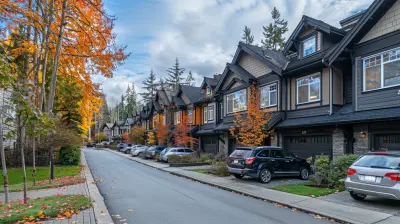The Most Common Repairs Tenants Are Responsible For
20 September 2025
Renting a home comes with a fair share of responsibilities. While landlords are generally responsible for major repairs and structural issues, tenants also have their own set of maintenance duties. If you’re renting, knowing what repairs fall under your responsibility can save you from unnecessary disputes with your landlord.
So, what exactly are the repairs tenants are responsible for? Let’s break it down.
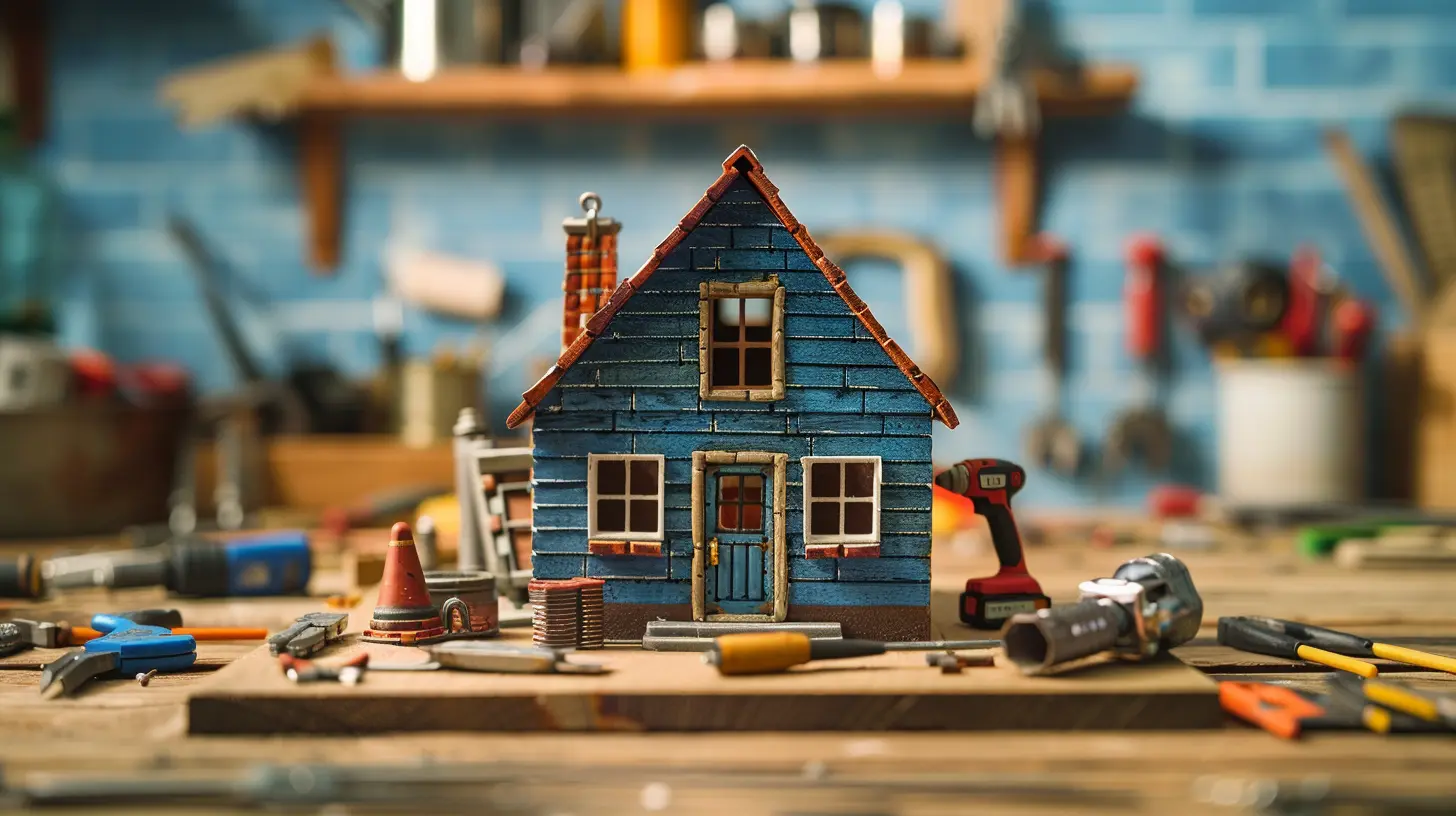
Understanding Tenant Responsibilities
Before diving into specific repairs, it’s essential to understand why tenants are responsible for certain maintenance tasks. Lease agreements typically outline basic repair duties, but these responsibilities generally revolve around:- Daily wear and tear – Ensuring the property remains in good condition.
- Preventing damage – Taking care of the rental unit to avoid costly repairs.
- Following maintenance guidelines – Keeping appliances and systems running efficiently.
Now, let’s look at the most common repairs tenants need to handle.
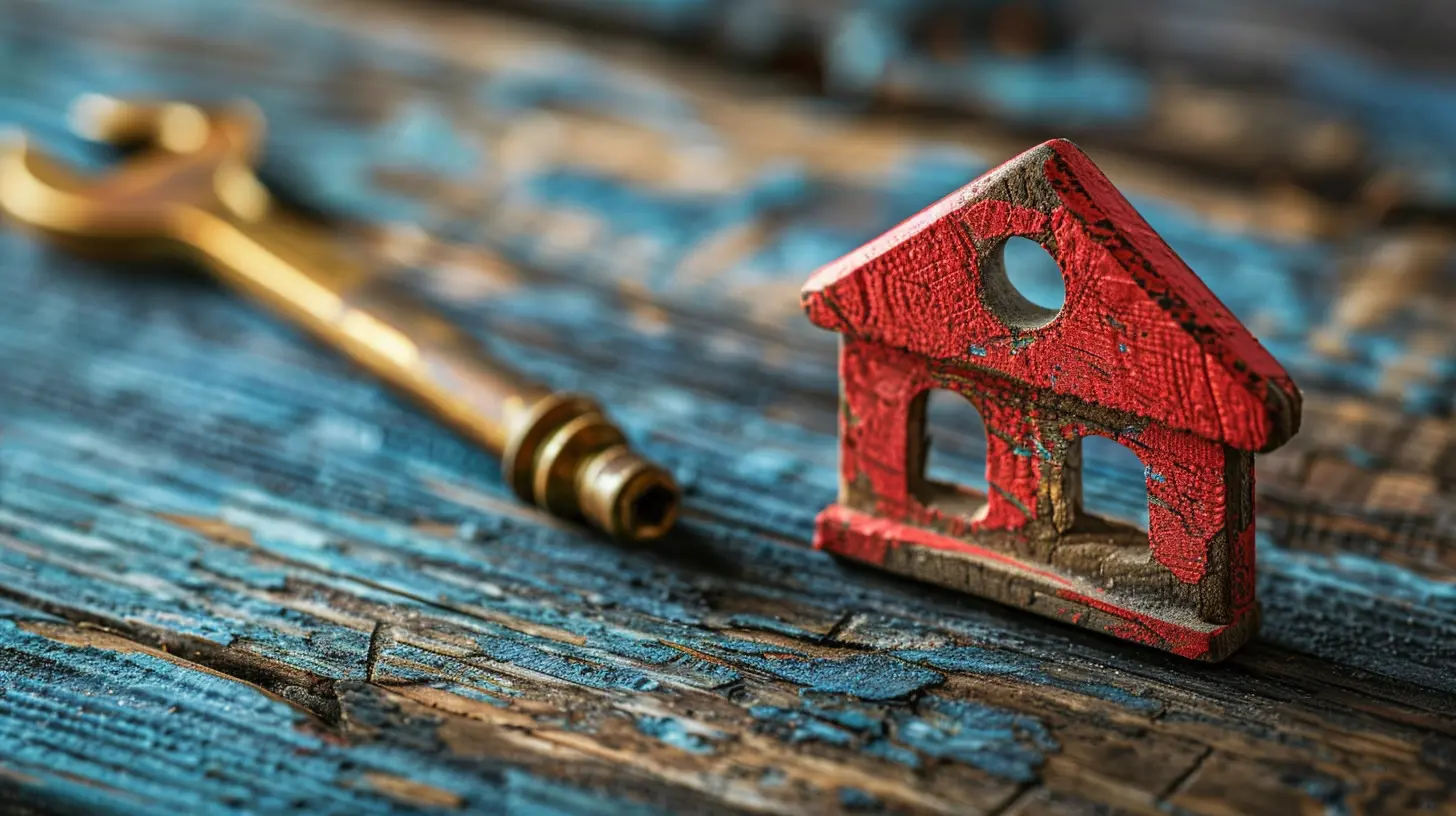
1. Replacing Light Bulbs and Batteries
Changing a burnt-out light bulb or replacing dead batteries in smoke detectors might seem minor, but it’s one of the primary responsibilities of a tenant. Not only does it keep your place well-lit and safe, but it also prevents unnecessary maintenance calls.Think about it—calling your landlord every time a light bulb goes out would be like asking a restaurant to refill your water glass after every sip!
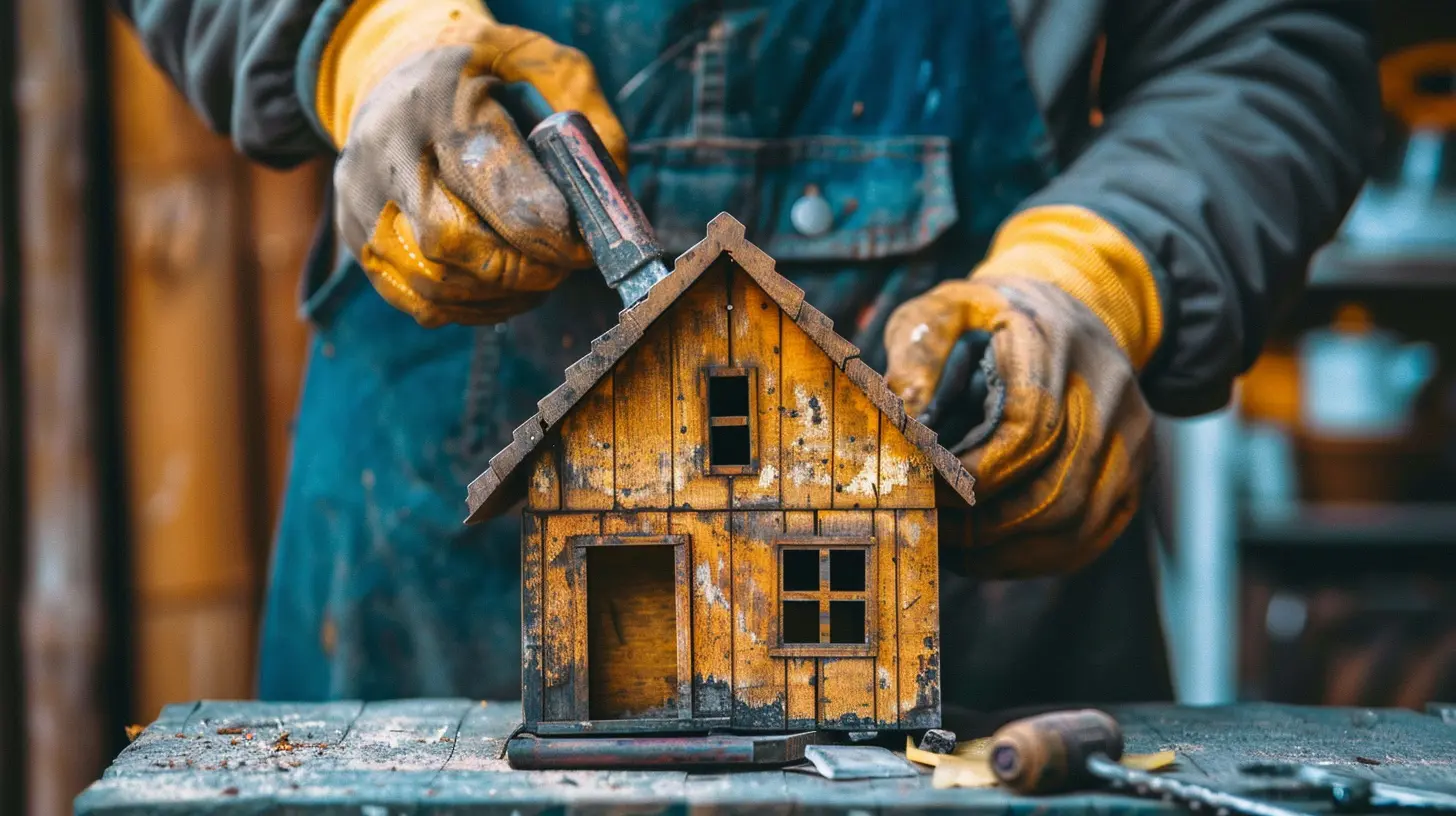
2. Keeping Drains and Toilets Clear
Clogged sinks, tubs, and toilets happen more often than we’d like. Whether it’s hair building up in the shower drain or flushing something that doesn’t belong in a toilet, tenants are generally expected to handle minor clogs.A basic plunger and some drain cleaner can usually get the job done. However, if a tenant neglects proper drain care, leading to major plumbing issues, they might end up footing the bill for repairs.
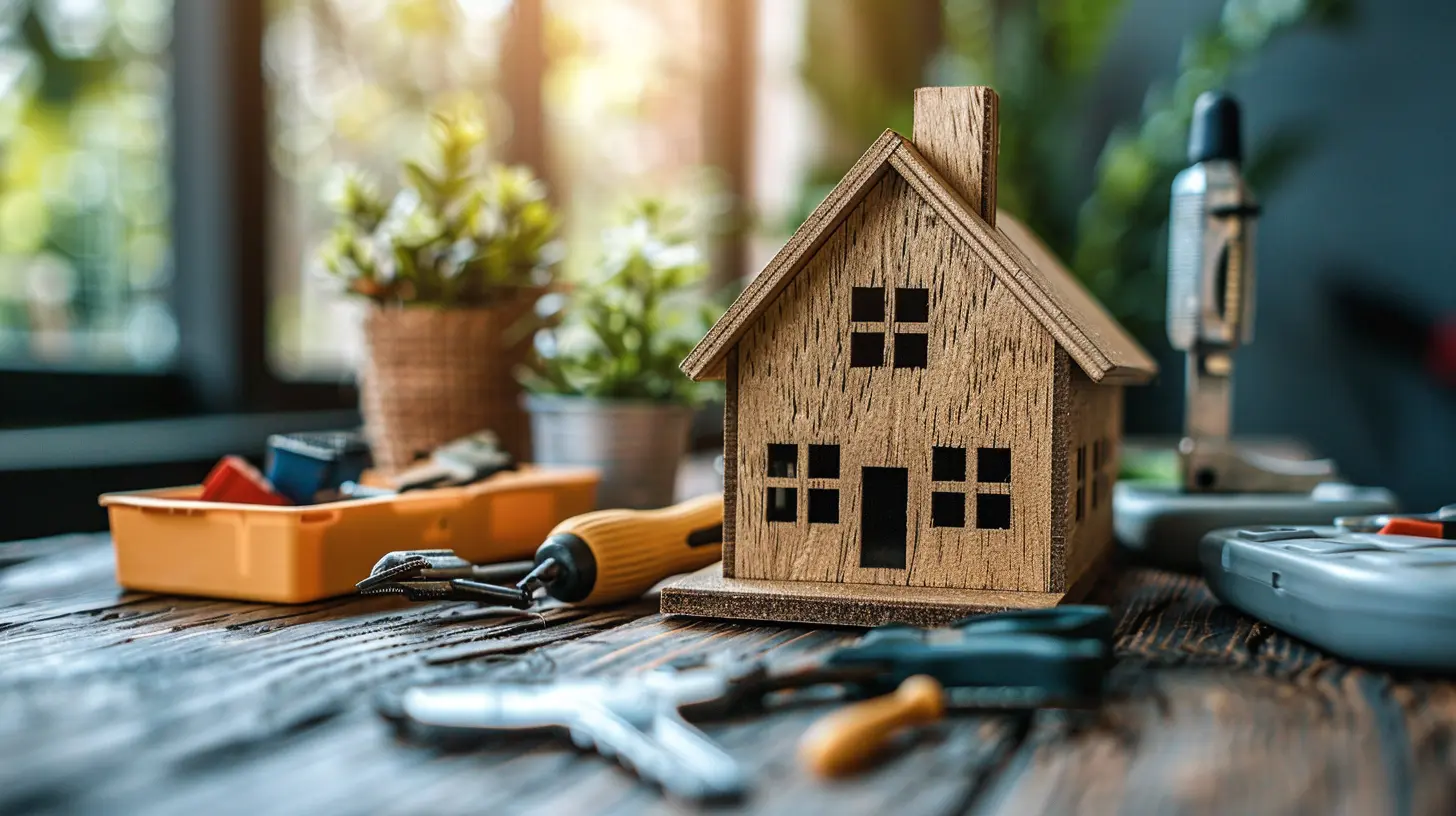
3. Basic Pest Control
Nobody wants to find ants marching through their kitchen or roaches scurrying in the bathroom. If an infestation is due to cleanliness (or lack thereof), tenants are usually responsible for pest control.Simple habits like taking out the trash regularly, keeping food sealed, and cleaning up crumbs can go a long way in preventing pest problems. However, if there’s a recurring pest issue due to structural problems, that’s on the landlord.
4. Maintaining Appliances If Provided
If your rental comes with appliances, it’s your responsibility to keep them in good working order. This includes:- Cleaning the lint trap in the dryer (seriously, it’s a fire hazard if you forget).
- Keeping the stove and oven free from grease buildup.
- Ensuring the fridge is properly maintained.
Regular care prevents issues and ensures appliances last longer. If neglect leads to damage, tenants may be on the hook for repair or replacement costs.
5. Changing HVAC Filters
If your unit has air conditioning or heating, changing the filters is typically a tenant’s responsibility. A clogged filter makes the system work harder, leading to higher energy bills and potential damage.A good rule of thumb? Change the filter every 1-3 months, especially if you have pets or allergies. It’s a small step that makes a big difference in air quality and efficiency.
6. Lawn Care (If Stated in the Lease)
Some rental agreements require tenants to take care of lawn maintenance, such as mowing the grass or shoveling snow. If you rent a home with a yard, the lease might specify that you’re responsible for keeping it tidy.However, things like tree trimming, major landscaping, or sprinkler system repairs usually fall under the landlord’s duties. Always check your lease to see what’s expected.
7. Cleaning and Minor Cosmetic Fixes
Nobody expects a rental to stay spotless 24/7, but tenants are responsible for basic cleaning and upkeep. This includes:- Wiping down counters, floors, and walls.
- Cleaning up spills to prevent stains.
- Minor paint touch-ups or patching small nail holes.
If you leave the walls riddled with holes or let mold grow from ignored spills, you may be responsible for damage costs when moving out.
8. Preventing Water Damage
Leaks happen, but tenants have a role in preventing unnecessary water damage. That means:- Reporting leaks to the landlord ASAP.
- Using shower curtains properly to avoid water pooling.
- Not letting water sit on hardwood floors or carpets.
Ignoring water issues can lead to mold, warping, and expensive repair bills. And guess what? If the damage was avoidable, your security deposit might take a hit.
9. Taking Care of Locks and Keys
Lost your key? Broken a lock due to misuse? These are usually tenant expenses. While landlords provide a working set of locks and keys, replacing them due to personal mishaps is on the tenant.Pro tip: Always have a spare! It saves you from unnecessary locksmith fees.
10. Trash Removal and Proper Disposal
Putting out the trash may seem like a no-brainer, but failing to dispose of garbage properly can lead to pest problems, bad odors, and even lease violations.Some rentals provide trash collection services, but tenants are still responsible for placing their garbage in the designated bins and following community waste guidelines.
When Does the Landlord Take Over?
While tenants handle minor repairs and maintenance, landlords must step in for major issues. This includes:- Structural repairs (roof leaks, foundation problems).
- Electrical or plumbing system failures (except minor clogs).
- Heating and cooling system malfunctions.
- Pest infestations due to building conditions.
- Appliance replacements if they were provided with the unit.
If a repair falls under the landlord’s responsibility, tenants should report it immediately to avoid further damage.
Final Thoughts
Being a responsible tenant means taking care of your rental unit just like you would your own home. While some repairs fall on the landlord, keeping up with minor maintenance can prevent costly issues down the road.Understanding your lease agreement, practicing regular upkeep, and addressing small repairs before they become big problems go a long way in maintaining a good relationship with your landlord.
And remember, a little effort now can save you a lot of headaches (and money) later on!
all images in this post were generated using AI tools
Category:
Rental PropertiesAuthor:

Travis Lozano
Discussion
rate this article
1 comments
Piper Howard
Tenants: mastering the art of DIY, but remember—fixing leaky faucets won't turn you into a plumber!
September 24, 2025 at 3:19 AM

Travis Lozano
Absolutely! While DIY can be handy, it's important to know your limits and call a professional when needed.

